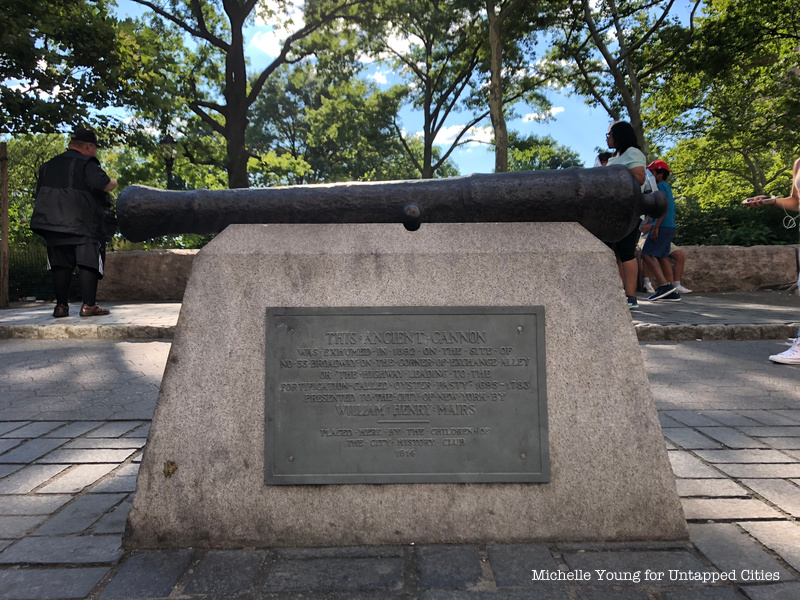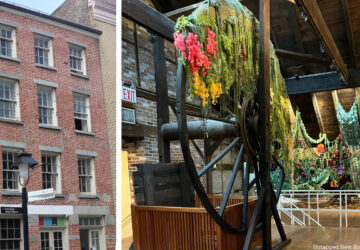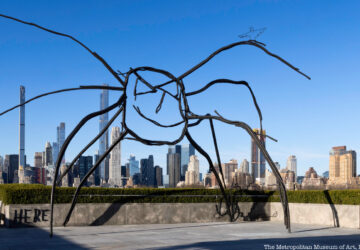9. Democracy

Historians like Russell Shorto posit that American democracy was introduced through a unique system of governance born in New Amsterdam. When Peter Stuyvesant assumed control of New Amsterdam, he was technically an employee of the West India Company. That meant New Amsterdam was under company rule and not the Dutch government. The multicultural landowners who peopled New Amsterdam did not like that proposition, especially when Stuyvesant started interfering with their property rights.
Under the leadership of a young lawyer and landowner, Adriaen Van der Donck, a representative government was founded in 1649 called the “Board of Nine.” The men (and eventually women) where chosen to represent the citizens of New Netherland. When Stuyvesant refused to pay attention to the council’s petitions, Van der Donck drafted a “bill of rights,” including the right to have a representative government in New Netherland. He took that document all the way to The Hague in Holland were the Prince of Orange himself ratified it. Later, these rights were carried over with the English governance of the colony making New York a precursor for American democracy in the colonies.





